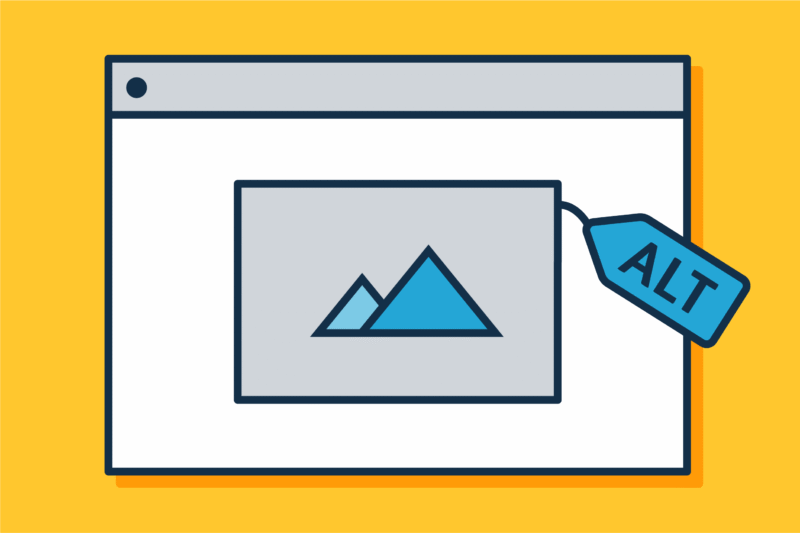Your website needs a home — a web host. The right host keeps your site fast, secure, and available. The wrong one can cause slow pages, outages, surprise fees, and stress. Here’s a straightforward guide to help you choose without the jargon.
What a host actually does.
A web host stores your website and serves it to visitors. They provide storage, network connections, and tools like backups and control panels. Different hosts offer varying levels of speed, support, security, and price. Think of it like the difference between a budget apartment and a full-service office.
Common hosting types.
- Shared hosting. Cheapest option. Your site shares space with others. Good for small brochure sites and simple blogs.
- Managed WordPress hosting. The host handles updates, backups, and security. Pricier but low stress.
- VPS (Virtual Private Server). More power and control than shared hosting. Good for growing sites needing consistent performance.
- Cloud hosting. Flexible and scalable. Pay for what you use. Good for sites with traffic spikes.
- Dedicated hosting. You rent a full server. Expensive and usually only needed for high-traffic sites.
For most small businesses, start with managed WordPress or a reliable shared plan, then upgrade as your site grows.
Practical questions to ask.
- Speed. How fast will my site be for customers? Check for caching or a CDN.
- Uptime. What’s promised, and what happens if it’s missed? Look for clear policies.
- Backups and restores. Are they automatic? How long are restore points kept?
- Support. Is it 24/7 via chat or phone? Test response quality.
- Security. Does the host provide SSL, malware scanning, and account protections?
- Pricing. Compare first-year and renewal costs, including add-ons.
- Migration help. Will they move your site if you switch?
Why speed, reliability, and support matter.
Faster sites keep visitors and improve conversions. Even small improvements can make a difference. Strong support and easy migration save time and reduce stress.
Backups and security.
Automatic backups, stored off the main server, are essential. Security basics like SSL certificates, malware scanning, and two-factor login cover most risks.
Managed vs. DIY hosting.
- Managed. The host handles updates, backups, and security.
- Self-service. You manage the site yourself, suitable if you have a developer or handle maintenance in-house.
One-page checklist.
- Speed features (CDN, caching) included?
- Uptime promise stated (e.g., 99.9%)?
- Automatic backups with easy restore?
- Free SSL included?
- 24/7 support?
- Clean renewal pricing?
- Free or assisted migration?
- Money-back trial or guarantee?
Need help narrowing it down?
I’m happy to help you choose a host, guide site migration, or manage ongoing maintenance. Reach out, and we’ll find the best option for your website.




